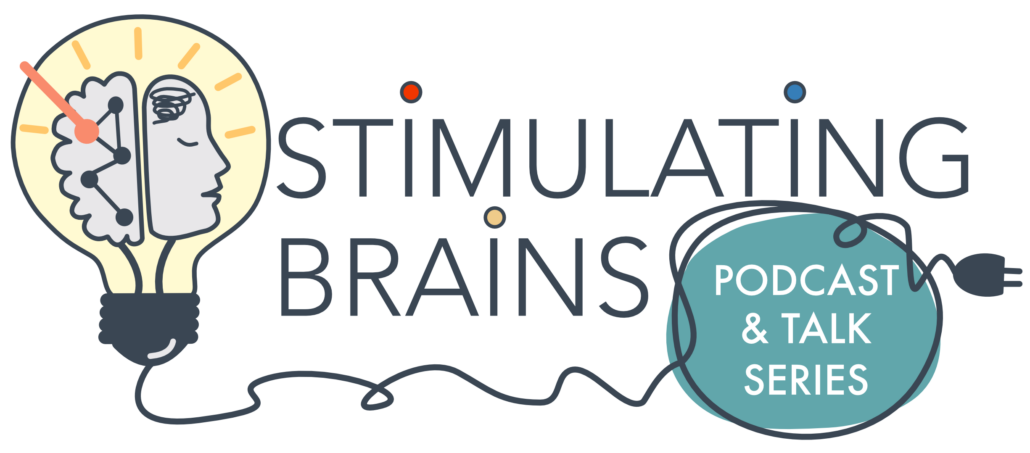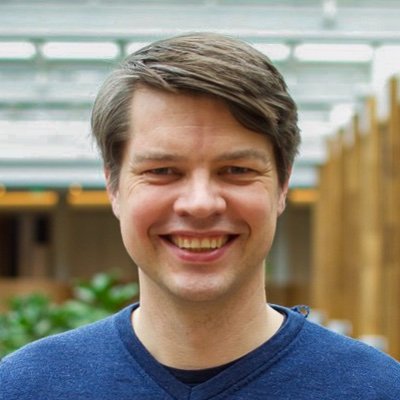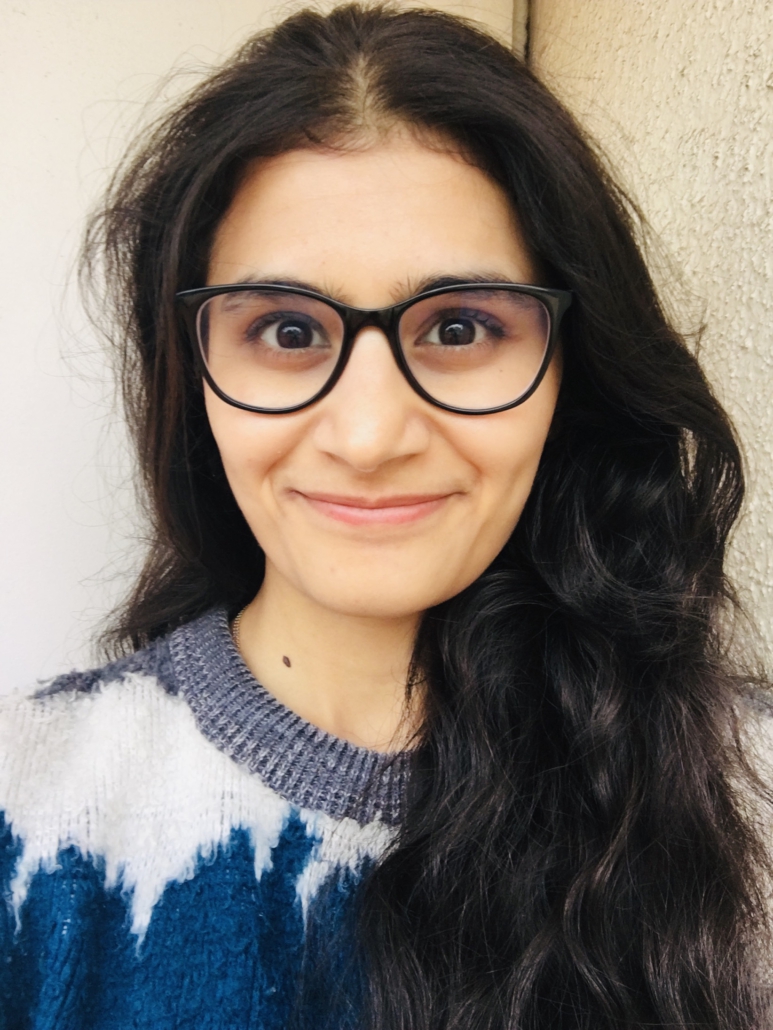#2 – Lennart Verhagen & Nanditha Rajamani – 06/30/2023
On Friday, June 30th 2023 (6PM CET / noon ET), we will have the pleasure of hosting Lennart Verhagen & Nanditha Rajamani. Not only will we hear about science, but we may also get a glimpse of the inspirational thinkers behind it!
This hybrid event will be hosted on-site in Berlin but will concurrently be live-streamed via Zoom. Both in-person and virtual attendance are possible.
In-person sessions in Berlin will take place at the Lecture Hall of the Bernstein Center for Computational Neuroscience (Haus 6, Philippstraße 13, 10117 Berlin). Get some appetizers, grab a beverage (all on us!) and come enjoy a science apéro (served in the seminar room within the same building) with the speakers prior the talks (from 5:15 PM).
Please register here to participate in-person in the event (so we can order enough appetizers / beverages, and avoid any waste)! If you prefer to tune in remotely, please register here to receive the (free) Zoom link!
Participation in the event is free and all are welcome!
In the meantime, follow us on Twitter or subscribe to our newsletter to remain up-to-date on other events of our Stimulating Brains portfolio!
About the headliner speaker: Dr. Lennart Verhagen is an integrative neuroscientist, developing ultrasonic neuromodulation tools for basic research and clinical application at the Donders Institute for Brain, Cognition and Behavior in the Netherlands. He chairs the international expert group for safety and standards of ultrasonic neuromodulation in humans.
Title of headliner talk: “From Surface to Core: Unleashing Precision Neuromodulation with Ultrasound”
Abstract: To understand and treat the brain we need an integrated approach of theory, measurement, and intervention. This last component – the need for tools to modulate the human brain – has proven particularly challenging. Current neuromodulation techniques are already changing the world but remain invasive or restricted to the surface of the brain. Focused ultrasound has the potential to overcome these limitations. We can now use low-intensity ultrasound to safely stimulate deep brain structures – such as the amygdala, basal forebrain, and thalamus – with high precision. We can modulate excitability, induce plastic changes, interfere with cognitive computations, and temporarily suppress clinical symptoms such as tremor. In all studies, our focus is on optimizing efficacy and safety, minimizing confounds, and laying the strongest possible foundations for a new neurotechnology in humans.
About the opening speaker: Nanditha Rajamani is a talented PhD student at the Network Stimulation Laboratory within the Department of Neurology at Charité – Universitätsmedizin Berlin under the supervision of Andreas Horn. Driven by her engineering background, broad areas of interests include personalisation and symptom-specific approaches to neuromodulation therapy. Her current projects include developing mixture models for improved deep brain stimulation based treatment in Parkinson’s disease. She aims to tailor these models to a patient’s individual symptom profile by recombination and weighting of symptom-specific therapeutic networks.
Title of opening talk: “Toward Symptom-Specific Connectomic Deep Brain Stimulation”
Abstract: Deep brain stimulation (DBS) is an established therapy for treatment of Parkinson’s Disease. In the past decade, research in DBS is experiencing a paradigm shift towards studying the effects of DBS on distributed brain networks (Horn et al., 2017; Horn and Fox, 2020). In the present project, we identify and characterise symptom-specific networks that code for improvement in four cardinal motor symptoms of Parkinson’s Disease – bradykinesia, rigidity, axial and tremor. To leverage the clinical power of such symptom specific tracts, we construct an automatic tuning algorithm that is capable of suggesting optimal stimulation parameters that maximally engage with the symptom specific tracts. Upon prospective clinical validation, this approach will allow to derive at patient-specific treatment targets to guide both DBS programming and surgery.





